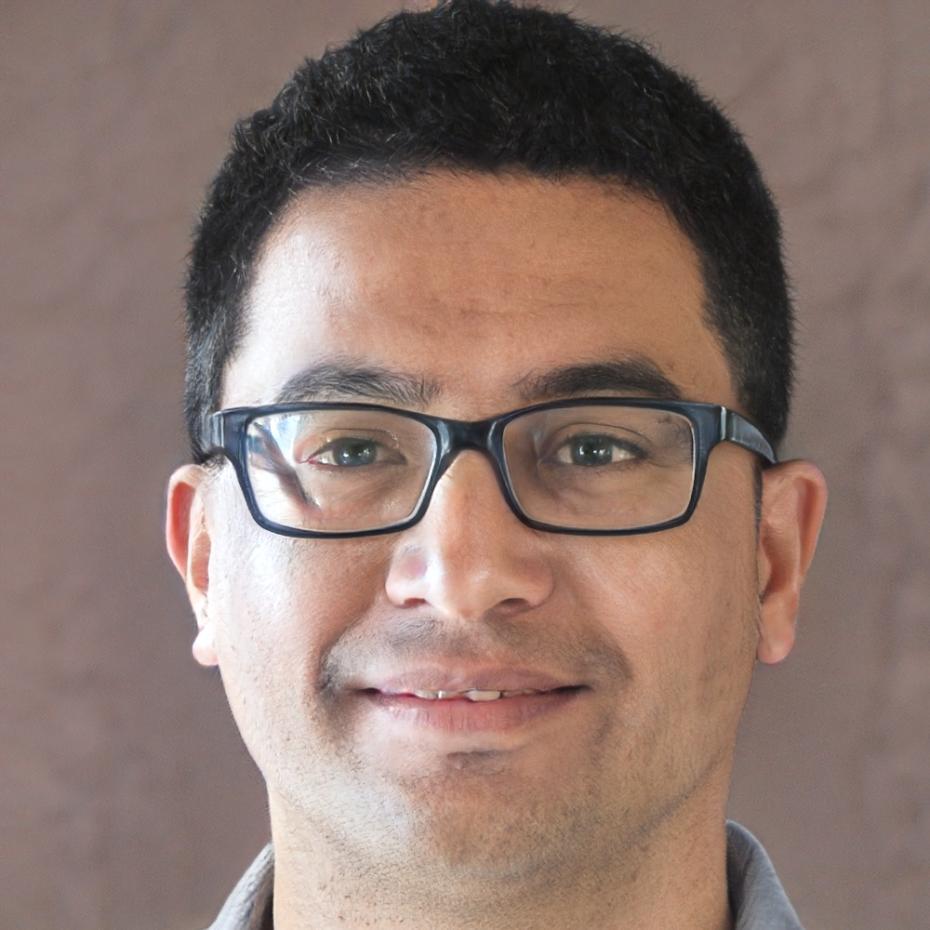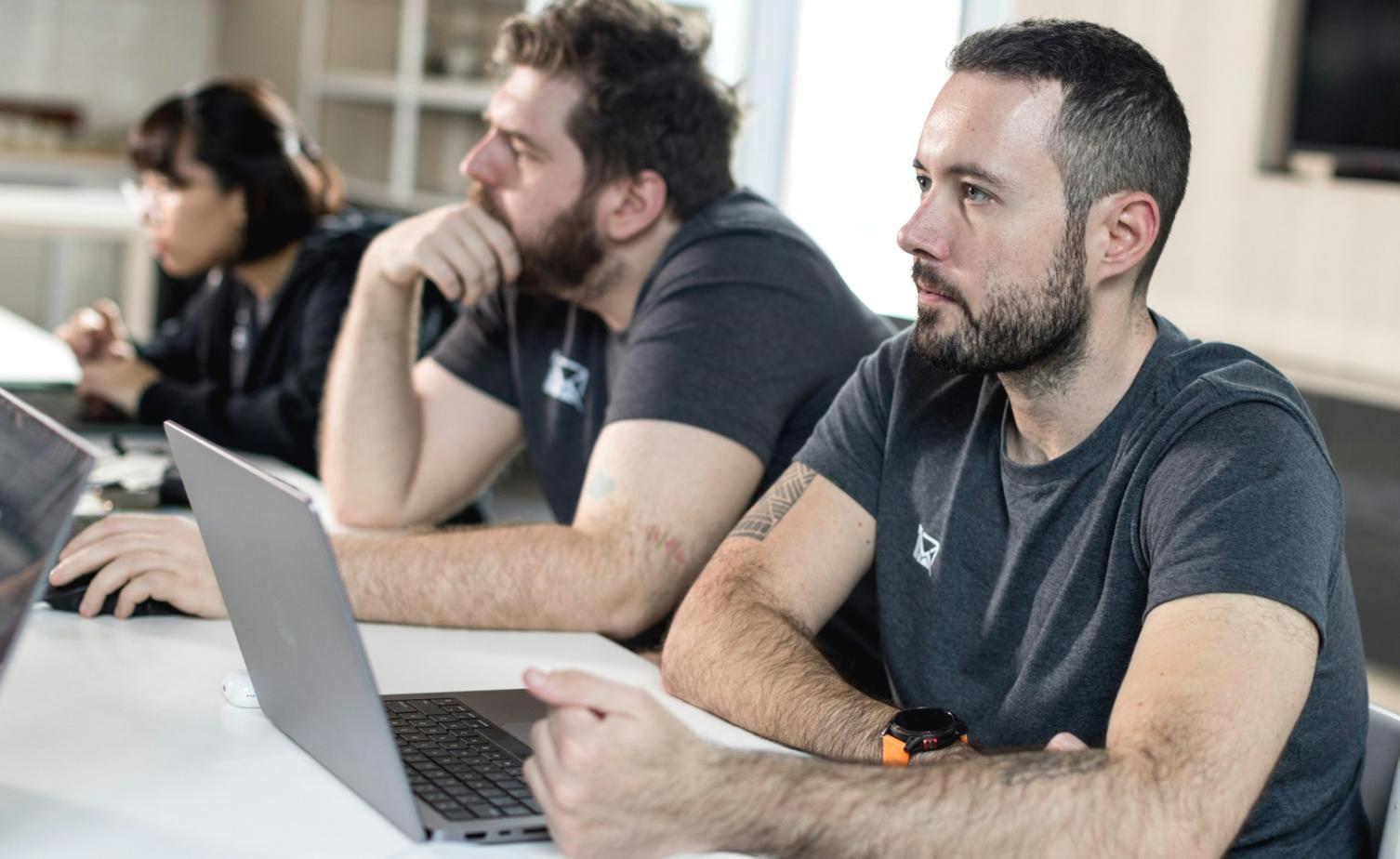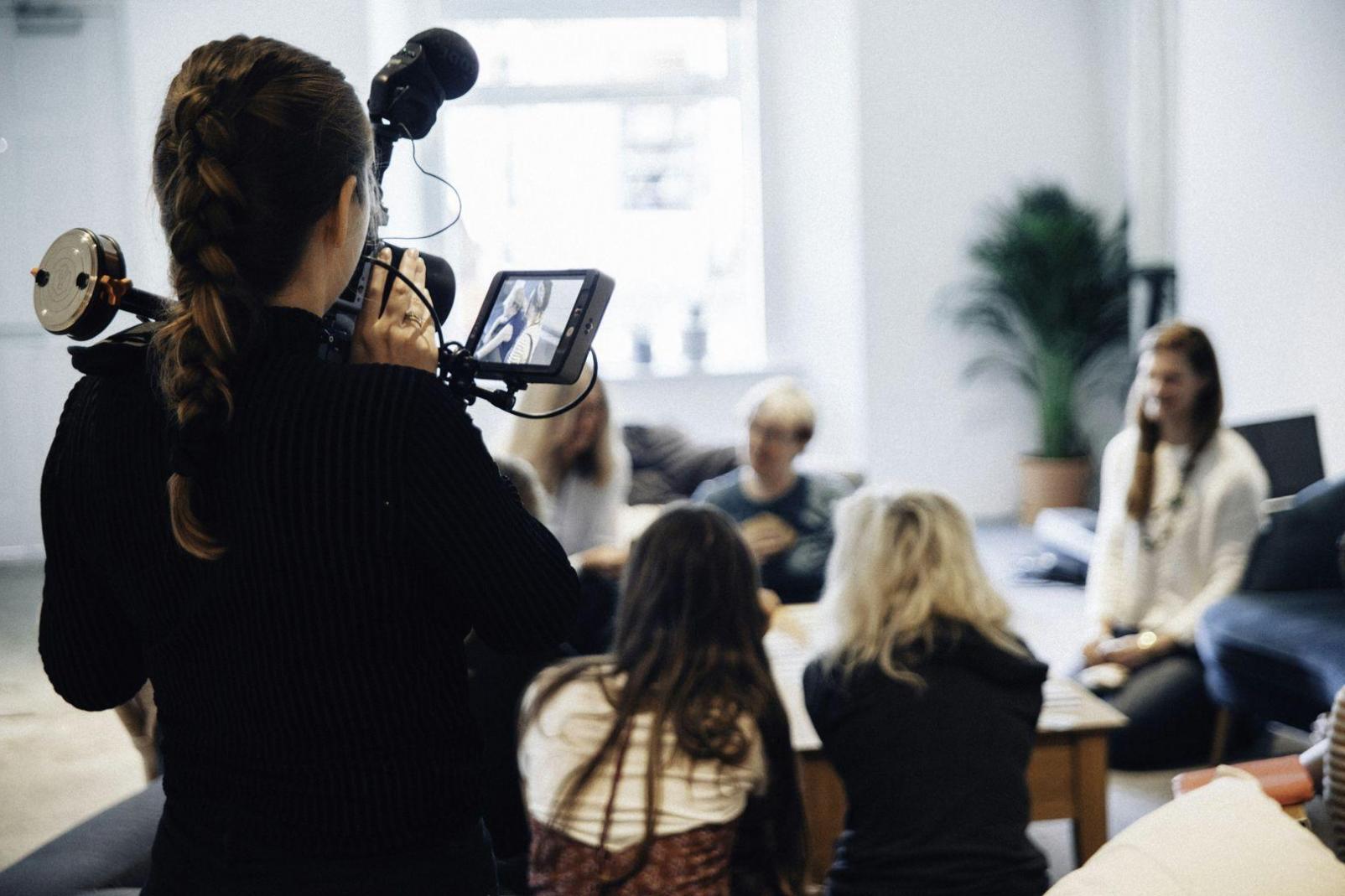Stories from People Who've Been Through It
I thought I was decent with money until I realized I couldn't explain why I made most of my financial decisions. The program didn't give me a bunch of rules. It gave me a way to think about money that actually makes sense for my situation.
Jasper checked in with us six months later. He'd started investing for the first time, not because someone told him to, but because he'd worked through his own risk tolerance and understood what he was comfortable with. That's what sustainable change looks like.
The best part was learning I didn't need to become a completely different person. I still spend money on things I enjoy. I just have better systems now so I'm not constantly wondering if I can afford something.




